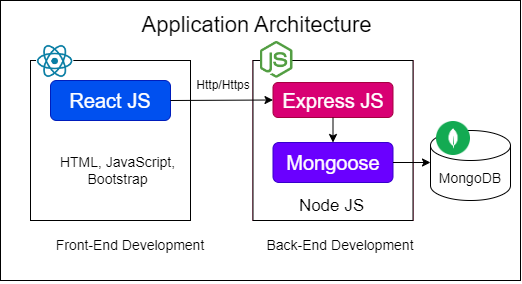Corporate Cloud provides innovative solutions designed
for large-scale enterprises, delivering advanced
technology and strategic advantages. Here are some
unique and interesting facts about Corporate Cloud:
1. Multi-Cloud Strategy
-
Diverse Cloud Environment: Many enterprises are
adopting a multi-cloud strategy, using services from
multiple cloud providers to avoid vendor lock-in,
enhance resilience, and optimize costs.
2. Edge Computing Integration
-
Proximity to Data Sources: Corporate Cloud is
increasingly integrating with edge computing to
process data closer to where it is generated, reducing
latency and enabling real-time analytics for IoT and
other applications.
3. AI-Powered Automation
-
Intelligent Operations: Corporate Cloud
platforms are incorporating AI-driven automation tools
that streamline operations, from resource management
to predictive maintenance, significantly reducing
manual efforts.
4. Quantum Computing Research
-
Future-Ready Computing: Some Corporate Cloud
providers are exploring quantum computing
capabilities, aiming to solve complex problems far
beyond the reach of classical computing, opening new
possibilities for industries like finance and
pharmaceuticals.
5. Zero Trust Security Model
-
Enhanced Security Framework: Corporate Cloud
environments are adopting the Zero Trust model, which
assumes no trust for anyone inside or outside the
network and continuously verifies user identities and
device integrity, enhancing security.
6. Cloud-Native Applications
-
Optimized for the Cloud: Cloud-native
development, focusing on building and deploying
applications specifically for cloud environments, is
driving innovation, improving scalability, and
reducing development time for enterprises.
7. Sustainable Data Centers
-
Eco-Friendly Operations: Corporate Cloud
providers are investing in green data centers that
utilize renewable energy sources, efficient cooling
technologies, and sustainable practices to minimize
environmental impact.
8. Hyper-Automation
-
End-to-End Process Automation: Corporate Cloud
is enabling hyper-automation, which combines AI,
machine learning, and RPA (Robotic Process Automation)
to automate entire workflows, significantly increasing
operational efficiency.
9. Blockchain Integration
-
Secure Transactions: Corporate Cloud platforms
are beginning to integrate blockchain technology,
providing secure, transparent, and tamper-proof
transactions, particularly beneficial for industries
like supply chain and finance.
10. Global Data Residency
-
Localized Compliance: Corporate Cloud providers
are offering solutions that comply with data residency
requirements, allowing enterprises to store data
within specific geographical boundaries to meet local
regulations.



